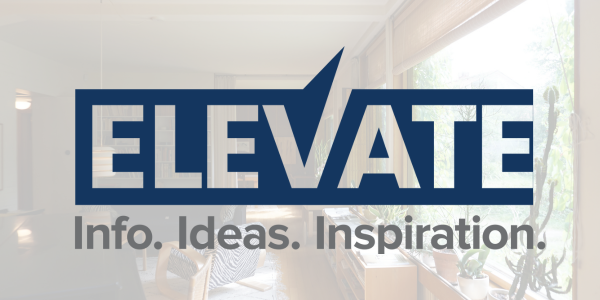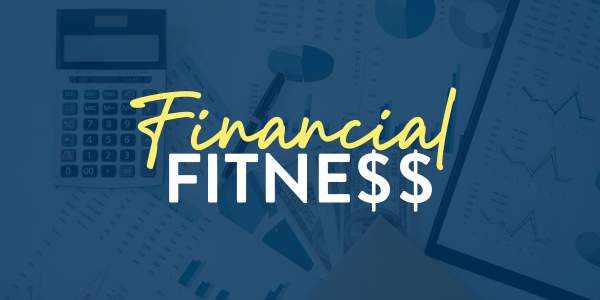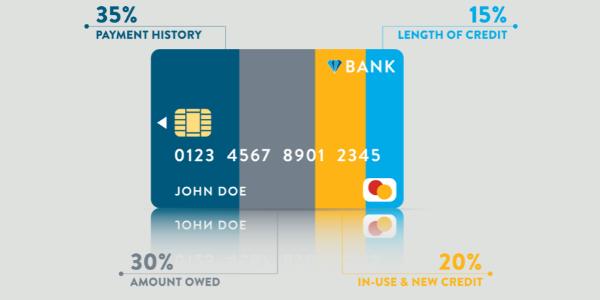
A non-conforming loan is any loan that doesn’t adhere to the Fannie Mae and Freddie Mac lending guidelines. These government-sponsored enterprises (GSEs) have certain rules that loans—referred to as “conforming loans”—have to meet regarding loan amount and credit score.

Other restrictions may also apply depending on the property, location, and other details of the transaction. If your loan is above the conforming loan limit determined by Fannie and Freddie, for example, it’s a non-conforming loan.
Aside from loan amounts, non-conforming loans are there to accommodate borrowers who fall outside the conforming loan criteria for a number of reasons. These loans are also referred to as non-qualified mortgages or non-QMs. Non-conforming loan program offerings may differ from mortgage lender to mortgage lender, but all are designed to solve the problems many borrowers face qualifying for a home loan due to self-employment, income from multiple sources, or even a credit ding in the past.
Here’s a look at some of the advantages non-conforming loans bring to homebuyers.
1. Flexible Terms
It’s in the name: Non-conforming loans are here to go against the grain. As such, they offer more flexibility than traditional lending guidelines. The looser rules with non-conforming loans allow lenders to create loan programs that meet borrowers where they are. This can mean a rate that is fixed for a specific amount of time before changing to an adjustable rate—or it can mean loan terms outside of the standard 15- or 30-year terms.
2. More Purchasing Options
Non-conforming loans are doing their own thing, right? So it’s no surprise that these lending vehicles can fund a broader choice of real estate than conforming loans. These include non-warrantable condos and co-ops, in addition to timeshares, fractional ownerships, units in assisted living communities, multi-unit condos, and units in projects that require a membership—such as a country club or a golf course—before you can buy. Non-conforming loans can also be used to purchase a condo that is currently in litigation.
Assets like condos or co-ops are typically considered non-warrantable if:
- The project is still under construction.
- Short-term rentals are allowed.
- A single entity owns more than 10% of all the units.
- The majority of the units are rented to non-owners.
- The project’s developer has yet to turn over control of the HOA to the owners.
Remember, when you buy a unit in a larger project, your credit status isn’t the only one lenders must take into account. They will need to assess the developer’s credit as well and look at the project as a whole. For this reason, many borrowers within larger projects opt for non-conforming loans.
3. Credit Leniency
Non-conforming loan guidelines tend to have significantly more leeway when it comes to terms than conforming loans can offer. This extends to credit scores as well.
Conforming loans require a minimum credit score of 620. Do you know the credit score requirement for non-conforming loans? You’re right. They don’t have any.
Now, this doesn’t mean it’s a free-for-all out there in the non-conforming world. It simply means that lenders have more leeway over the credit terms than with more stringent loan programs.
Many borrowers with lower credit scores or credit report challenges seek out non-conforming loans for this reason. Since every loan program is different, you’ll want to discuss your unique financial situation, including your goals and any challenges and/or concerns you may have.
APM is happy to sit down with you and go over this before you apply to ensure that you know what your options are.
4. Flexible Income Verification
Verifying your income is a pivotal part of the loan application process, particularly since your debt-to-income ratio (DTI) has such a large impact on whether or not you can qualify for a loan.
This isn’t the case with non-conforming loans—or at least it doesn’t have to be. Income can be verified in a lot of nontraditional ways, such as bank statements or other documents that can prove your personal finances and income, or it can not be verified at all, depending on other factors of the transaction.
A non-conforming mortgage can take other parts of your financial picture into consideration, including your overall cash flow, home equity, and assets. For these reasons, non-conforming loans are often preferred by the self-employed and those who work on seasonal commissions.
These loans aren’t offered by all lenders, and they may come with additional terms, such as a higher interest rate or credit requirement, but they can be well worth it for borrowers who can’t qualify through the traditional route that involves income verification.
5. Lower Down Payments
Government-backed loans, including VA, USDA, and FHA loans, are also considered non-conforming. These loans tend to have lower down payment requirements than traditional conforming loans for those looking to buy a home. In fact, VA loans can even offer $0 down, with FHA loans going as low as 3.5% down.
Jumbo loans, another type of non-conforming loan, can offer as little as 5% down, though most lenders require somewhere between 10% and 15%.
Getting the Best Deal on a Home Loan
You might have noticed that “interest rate” was not one of the benefits listed above. That’s because this variable really depends on your situation and the type of non-conforming loan you’re applying for.
Certain loan programs like VA (a loan guaranteed by the U.S. Department of Veterans Affairs) and FHA can offer very attractive rates, while other programs, like a bank statement loan, carry higher rates in return for perks like limited income verification.
Like conforming loans, the terms you lock in for a non-conforming loan will be influenced by many factors. These include how much you want to borrow, the size of your down payment, your credit score, the exact loan program you apply for, and the type of property you want to purchase.
Don’t let these factors overwhelm you. APM is here to help you identify the right loan program based on your needs. Find a Loan Advisor to get started today.







